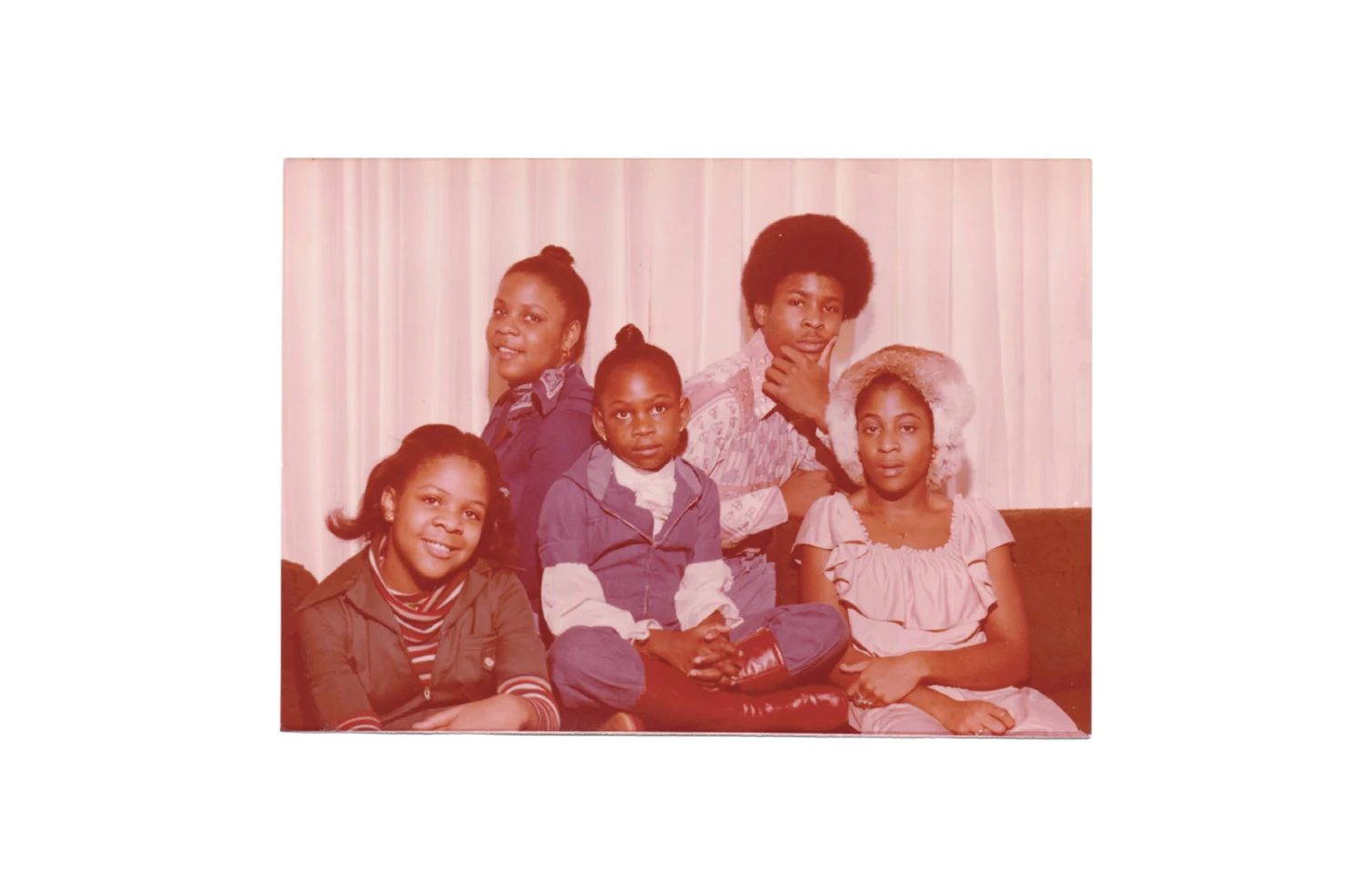fragility
welcome:
Lord, to You we raise wide and bright, faith-filled eyes.
Thomas Merton, Book of Hours
a thought to consider:
CROSSCUT: Let’s talk about white fragility. What is it?
DI ANGELOU: If you try to talk to white folks about race in a way that just allows them to assert their opinions and perspectives unchallenged, that tends to go pretty well. But if you push back on it, that tends to go pretty poorly. I saw it so consistently in my work trying to talk to white people about race and racism and trying to guide them in self-reflection about ‘What does it mean to be white?’ And it looked like a form of fragility. And fragility is not weak. I think that it’s weak in the sense of difficulty to hold the discomfort, but it ends up functioning to block the challenge, to stop the conversation. It’s actually quite powerful in its effectiveness. It really does block the conversation, protect our worldviews and allows us to continue on without really understanding.
Interview with author and lecturer, Robin Di Angelou, PhD, Why White People Can’t Face Up to Racism
something Jesus said:
“Blessed (spiritually prosperous, happy, to be admired) are the poor in spirit (those devoid of spiritual arrogance, those who regard themselves as insignificant) for theirs is the kingdom of heaven both now and forever."
Matthew 5:3
a story:
“For My body is real food for your spirit and My blood is real drink. The one who eats My body and drinks My blood lives in me and I live in him. The Father of life sent me, and He is My life. In the same way, the one who feeds upon Me, I will become his life. I am not like the bread your ancestors ate and later died. I am the living Bread that comes from heaven. Eat this Bread and you will live forever.” Jesus preached this sermon in the synagogue in Capernaum.
And when many of Jesus’ followers heard these things, it caused a stir. “That’s disgusting!” they said. “How can anybody accept it?” And so from that time one many of the disciples turned their backs on Jesus and refused to be associated with Him.
Jesus already knew that his followers were outraged and complaining about this. So He said, “Is this teaching a problem for you?”
In fact, Jesus already knew from the beginning who the skeptics were and who his traitor would be. And so from that time on many of the disciples turned their backs on Jesus and refused to be associated with him.
John 6:55-61, 64, 66
reflection:
For a long time, I disliked the gospels of Matthew, Mark, Luke and John. I disliked much of what Jesus had to say and for many years would skip over the stuff that just seemed, well, impossible. The story today is one of those passages that I used to skim. I didn’t like the way Jesus put Himself out there like that. I didn’t understand what it was that He was even saying. The whole passage made me feel uncomfortable because I knew that in my heart of hearts had I been there, I’d have been one of the disciples turned skeptic who eventually walked away from Jesus. My spiritual fragility was keeping me from really knowing and relating to Him.
The more I studied commentaries and historical teachings on Jesus, the more I actually began to love the gospels. The more I studied the passages that I didn’t understand or that challenged me, the more I saw of the real deal person named Jesus.
The disciples in this story are experiencing the remarkable teaching and work of Jesus. There are literally thousands following Him. For the first time in their lives, this teacher has made them feel significant. And it feels good. But then He goes and throws a wrench into things. He requires something of them. He tells them that they have to take in all of Him—ingest Him like food and wine. Jesus tells them that they can’t be part of His kingdom unless they are willing to swallow every morsel of Him. This for cultural reasons is a bizarre and offensive demand to them. How dare He suggest such a thing? They walk away empty, unchanged and outraged.
This is the fragility of the spirit. Thousands loved Jesus when He talked about how blessed they were, despite their being of low caste, when He preached His sermon on the mount. They loved all the healing miracles. As long as Jesus didn’t challenge their opinions of themselves or their perspectives, things went pretty well. But the minute He gave them some pushback on their understanding of who He was and what it meant to follow Him, they shut Him down and refused to go further in the conversation. They missed out on the whole of Jesus, and His thousands of followers dwindled to just the twelve in one fell swoop.
A white acquaintance of mine recently posted a meme on his social media feed that used a racial slur—the N word. This wasn’t the first time that I’d called him out on the use of that word in his feed. The first time it happened, his defense was, “My best friend is black….” This most recent time, his defense was, “I don’t use the N word nor do I support it. I just screenshot this and posted it. I did not personally create that.” Our exchange got uncomfortable as I continued to push back with questions like, “Is there a reason you feel it’s okay to repost the use of a word that you’ve admitted you personally would not use?” To which he replied, “There are a lot of things I don’t say or do—and I personally do not use the N word, and I don’t think anyone should.” Conversation over. He had all but pleaded the fifth. I felt completely fatigued and a bit discredited. I’m guessing he felt his worldview and morality was being called into question and so rather than choosing to ask me questions and continue the conversation, he cut it with a closing remark that protected his choices, allowing him to keep his posts and to remain unchanged.
Like the disciples who said, “That’s disgusting! How can anybody accept it?” My acquaintance was appalled that I would even question his motives for posting an offensive joke that used the N word. He felt that I was asking too much of him. After all, he didn’t create it. He only posted it. He didn’t understand that I was asking him to engage with my experience as a black person who found the joke offensive and so required something more of him.
Earlier in the Sermon on the Mount, Jesus says that blessed are those who are so spiritually humble that they regard themselves as insignificant without a hint of arrogance. And because they are so, they will gain the whole of heaven. I wished my acquaintance had been able to think poorly of his behavior and thus become humbled by the experience so that he could gain something more heavenly and eternal—empathy for another person’s perspective.
We are blessed when we can totally empty ourselves when we are challenged by the experiences of those who are different than us. We gain more when we don’t protect ourselves from our social blunders when they are called to task. When we can listen without offense and completely take in another person’s experience, we become rooted in one another. Our relationships deepen. But when we protect our hearts and egos as we would fine china and porcelain we remain too fragile to be engaged and become too delicate to touch. Like the disciples, we get to turn our backs and walk away without knowing what was there to be gained.
contemplation:
1. Robin Di Angelou describes white fragility as “a state in which even a minimal amount of racial stress becomes intolerable, triggering a range of defensive moves. These moves include outward displays of emotion such as anger, fear and guilt, and behaviors such as argumentation, silence and leaving the stress-inducing situation. These behaviors, in turn, function to reinstate white racial equilibrium. Racial stress results from an interruption to what is racially familiar.” As you read her description, what emotions came up for you?
2. Using Di Angelou’s description as a basis for the disciples’ fragility, do you have the same emotions? What if instead, Robin Di Angelou described religious fragility as “a state in which even a minimal amount of religious stress becomes intolerable, triggering a range of defensive moves. These moves include outward displays of emotion such as anger, fear and guilt, and behaviors such as argumentation, silence and leaving the stress-inducing situation. These behaviors, in turn, function to reinstate traditional religious equilibrium. Religious stress results from an interruption to what is spiritually familiar.” Do you think this accurately describes what happened to the disciples in the story?
3. Theologian William Barclay translates “Blessed are the poor in spirit for theirs is the kingdom of heaven,” as “O the bliss of the man who has realized his own utter helplessness, and who has put his whole trust in God, for thus alone can he render to God that perfect obedience which will make him a citizen of the kingdom of heaven!” In regards to issues of race, do you have a sense of helplessness? If so, where do you seek help? If you don’t feel a sense of helplessness, what do you feel?
prayer:
Jesus, resolve our inner contradictions. May they not not grow unbearable. They are at once a torment and a blessing. For if You had not left us the light of conscience, we would not need to endure them. Grant us to seek peace where it is truly found. In Your will, O Lord, is our peace!
Thomas Merton, Book of Hours
blessing:
May we not evade the need to face our inner, silent self and may we really accept God as He gives Himself to us in every thought and situation.
adapted from Thomas Merton, Book of Hours










